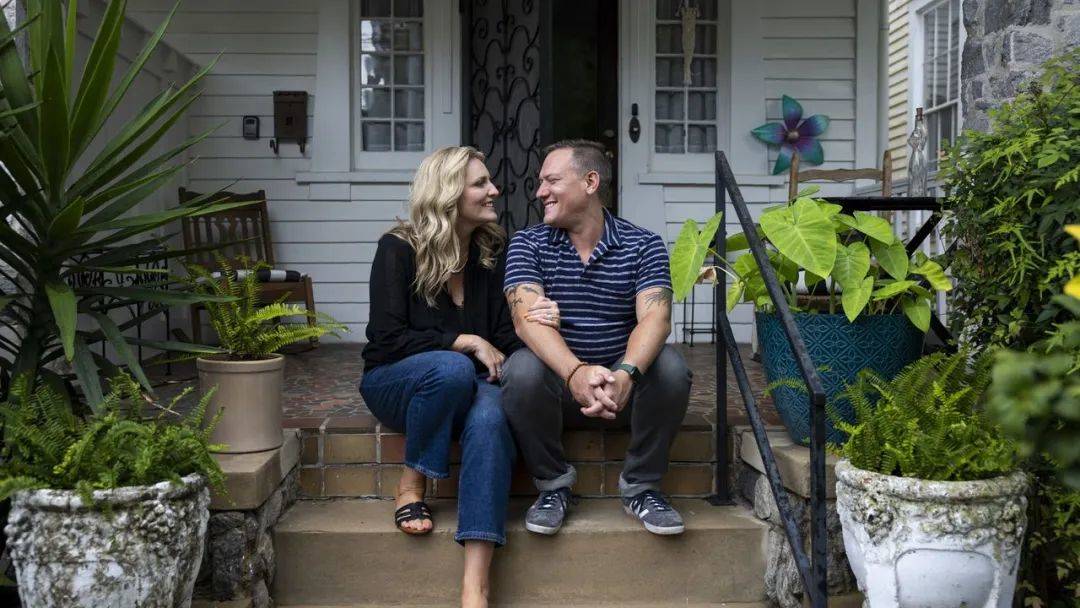
Americans today are becoming more and more reluctant to have children.
The high cost of raising children and rising expectations have made America's younger generation increasingly wary of having children.
According to University of Texas demographer Dean Spears, who analyzed data from the U.S. Census Bureau's Current Population Survey, the key reason for the decline in the average fertility rate among 35- to 44-year-olds to date is that women are choosing not to have children at all, not that they are having fewer children. Between 2012 and 2022, the average fertility rate declined by 6.5 percent, with more than two-thirds of that decline attributed to childlessness.

The CDC's national demographics show that 80 percent of babies born in 2022 will be born to women under the age of 35, despite the fact that more people are becoming parents at an older age.
The implications of this change are far-reaching. Across all races, income levels, employment statuses, regions and broad educational groups, women aged 35-44 are increasingly childless.
Fertility rates among 35- to 44-year-olds give experts early insight into shifting attitudes toward parenting among Millennials. Experts believe that if a woman is childless by age 40, she is most likely not planning to have children.

The number of U.S. women over the age of 40 who don't have children was trending downward until 2018, but then it started to pick up again. Demographers and economists predict the increase in childlessness will continue as attitudes about family change.
Beth Davis, 42, expresses the views of some millennials. She notes, “I wouldn't want to jeopardize my life right now for anything, especially someone who would be 100 percent dependent on me.”
First, why have children?
Having children has long been viewed as one of the central goals of adulthood.
Last year, the Pew Research Center conducted a survey of 18- to 34-year-olds in which just over half said they expected to become parents.
In another survey in 2021, the organization found that 44 percent of childless adults ages 18 to 49 claimed they were unlikely or not likely to have children at all, compared to just 37 percent who held that view in 2018.
Researchers say that today's Americans feel that having children is starting to become an optional choice.
The authors of “What's the Point of Having Kids? Contradictions and Choices,” Anastasia Berg, author of the book, said, ”For most people, having a child means bringing a child into the world, but many overlook how much money it costs to raise a child. The investment in raising a child isn't always cost-effective when compared to other personal and professional goals.”
As the pressure to have children lessens, more people believe they need to be in an ideal financial, emotional, and social position before they start thinking about starting a family.

Second, the cost of raising children
The cost of raising children is undoubtedly very high. However, whether the cost of raising children has become higher in recent years, and to what extent this has contributed to the decline in the birth rate, is a complex issue.
Parents are spending more on basic living expenses for their children (e.g. housing, food and education), due in large part to rising prices. However, another factor is that more parents expect to provide their children with more opportunities and experiences, which often cost more money.

One study showed that between 1995 and 2023, middle-class families with preschool-age children more than quadrupled their spending on childcare alone.
However, only about half of the increase was triggered by higher prices for the same quality and quantity of care. The remaining half of the increase came from parents choosing more personalized or certified care for their 3- to 5-year-olds or paying more for care hours.




